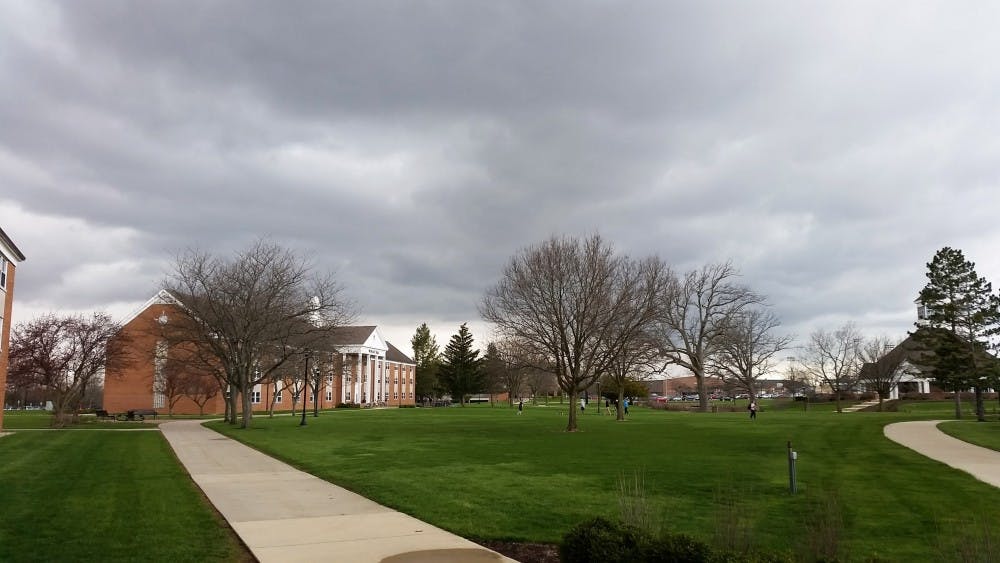By Olivia Lauritzen | Contributor
Living on Taylor's campus is designed to be an intentional community, a place where students can count on their peers for support and help - but is that accurate? Having lived in a dorm for two and a half of my four years at college, I can say it may seem to be supportive, but in many ways hides abuse.
Webster's dictionary defines abuse as "a corrupt practice or custom; . . . improper or excessive use; . . . language that condemns or vilifies, usually unjustly, intemperately, and angrily; . . . physical maltreatment . . ." and "obsolete (definition): a deceitful act." The common understanding of "abuse" today can be summed up as "any action in which one person takes advantage of another person, or coerces or manipulates them into something."
Abuse is commonly a "respectable sin." Its extremes are openly denounced and dealt with, while more subtle instances people see are glossed over. For this article, psychological abuse in college life will be covered.
Psychological abuse can appear in many different forms, specifically between students in campus living. Especially for introverted students, peer-pressured involvement in activities and wing or floor events can make it seem like they have no escape. Explaining that they simply need time alone is rarely accepted as an answer. These students know if they accept the offer of involvement and interaction, it will overwhelm them, making homework and further social interactions difficult to impossible. If they refuse, their peers will slowly exclude them from all activities under the assumption the introverted student does not want to be involved in anything.
Another place where psychological abuse is present is in the professor/student relationship. Many professors do not realize the way they present assignments and information can lead students to believe there is no chance of being good enough to please the professor. The perceived threat of getting a lower grade because they have not been a "good enough" Christian in their work can drive students beyond the limits of physical and emotional stress. Especially in Christian colleges, professors can (and do) use "doing all to the glory of God" to pressure students into overexerting themselves, neglecting self-care and burning themselves out on learning entirely.
Finally, a student's relationship with their own psyche can cause significant emotional damage. Family and relationship backgrounds are how a student filters what is said around them, and how they react. What a peer or professor may mean to be joking can be something they're conditioned to only see as a danger due to past experiences, or can bring back memories of a former abusive encounter or relationship. Once that association has been made, everything else said or done from that particular person becomes harder to believe.
I believe most minor abuses and microaggressions can be stopped if, as a whole, we think before speaking. We should consider if our words and actions can be understood differently by who we are making them to, especially if we know the person well. Knowing when teasing has become too much, listening to when someone says "no," and, in general, respecting friends and classmates as we would want to be treated can be the first step. Considering 1) what we are about to say, 2) determining if it needs to be said, 3) if it needs to be said now and 4) needs to be said by us are steps we should put into practice each day - being considerate and treating our peers, students and friends as we would want to be respected - should be the very first thing we do in any situation.




